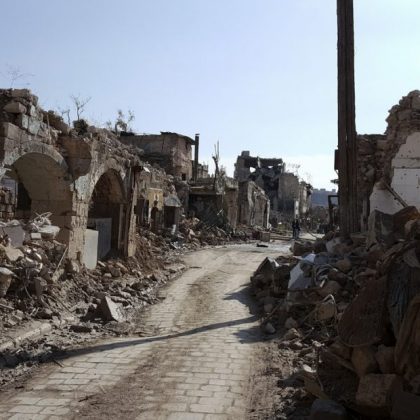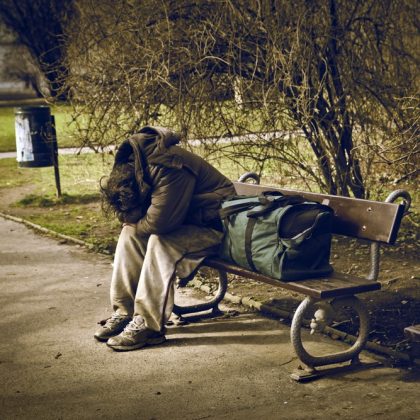Housing Justice in pandemic times
While the pandemic’s effects on health, livelihoods and economy is dominating the public debate, its effect on housing has not gained much visibility. Following the debate about housing and the pandemic, one can discern three aspects that shed novel light on interconnections: First, in the Global North, calls for eviction moratoriums, cancellation of rents for people who have become jobless paired with calls for increased social housing to solve the homelessness crisis are louder. Second, the pandemic crisis has imposed design lessons for cities. From re-thinking urban densities to the need of decentralising urban public essential services, to ensure accessibility and build urban resilience. Third, in countries like India, where due to the sudden lockdown millions of rural migrants took to the roads to walk to what they called home, laid bare their sense of disenfranchisement from the city they helped build and serve. Their often inadequate shelter and dense living conditions did not protect them from the pandemic threats, nor were they able to pay rent, as many endured loss of livelihoods. Civil society organisations have been pertinently asking, how the housing situation and the related sense of belonging impact individual and collective resilience to cope with the health and economic consequences of the Covid-19 pandemic. How would housing justice increase this resilience?
The special issue on ‘Housing Policy Innovation in the Global South’ (2018) published by the International Journal of Housing Policy stated that at a global level, housing policy innovation ought to focus less on housing subsidies and design financing schemes and rather on social movements, legal systems, and planning policies. Today’s question is hence, how adequate and affordable housing can be provided on a large scale and quickly. How can communities organize to engage in claiming housing at scale to realise housing justice? How can they collectively learn to claim in a united voice, transcending identities, the local state and the repression they face, and how can they learn to reconstruct a collective identity that is constituted by the urban space they inhabit and enrich to build resilience? The book “Housing and Politics in Urban India. Opportunities and Contention”, describes the impediments that there are to such mobilizing from a theoretical social movements perspective. It sheds light on community engagements and tactical strategies to bring about transformative change to claim adequate housing, resist co-opted forces and navigate complicated and layered socio-political landscapes. Tactical knowledge and social skill based articulated with a particular resource base (often determined by socio-historical positions) are key to sustainable outcomes in community engagements and mobilizing. The book presents a fine-grained analysis of housing processes, as lived by slum-dwellers and their voice-bearers. It situates the lived experience of claiming adequate housing within informal transactions and negotiations of patronage networks vis-à-vis the formal institutional opportunities and closures of Indian democracy. In doing so, it extends an array of conceptual and methodological tools to grasp the context in which housing claims succeed and fail. This book contributes by responding to critical areas of social movement scholarship. It may be the first attempt to map India’s political opportunities in its institutional blueprint, but also in every-day practices. Further, it situates the in-depth case study in a larger political economy of global capital flows and logics that have heavily entered land and housing transactions to the detriment of housing justice globally. The book underlines the requirements of bottom-up initiatives that partner with top-down political will that has the potential to shape up a common vision of realizing ‘cities for people, not for profit’ through ‘housing as commons, not as commodity’.





